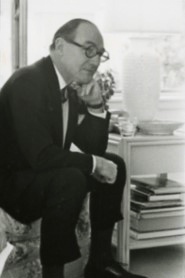A Quote by Tim O'Reilly
Think of how Wikipedia works, how Amazon harnesses user annotation on its site, the way photo-sharing sites like Flickr are bleeding out into other applications. We're entering an era in which software learns from its users and all of the users are connected.
Related Quotes
Users scan a page looking for trigger words. If they find a trigger word, they click on it but if they don’t find it, they go to search. That’s the way it works on 99% of sites, although Amazon is an exception. That’s because Amazon has done a great job of training users to know that absolutely nothing on the home page is of any use.
Proprietary software keeps users divided and helpless. Divided because each user is forbidden to redistribute it to others, and helpless because the users can't change it since they don't have the source code. They can't study what it really does. So the proprietary program is a system of unjust power.
There was a lot of dialogue between the people who were developing Flickr and their users to get feedback on how they wanted Flickr to develop. That interaction made the initial community very strong, and then that seed was there for new people who joined to make the community experience strong for them, too.































